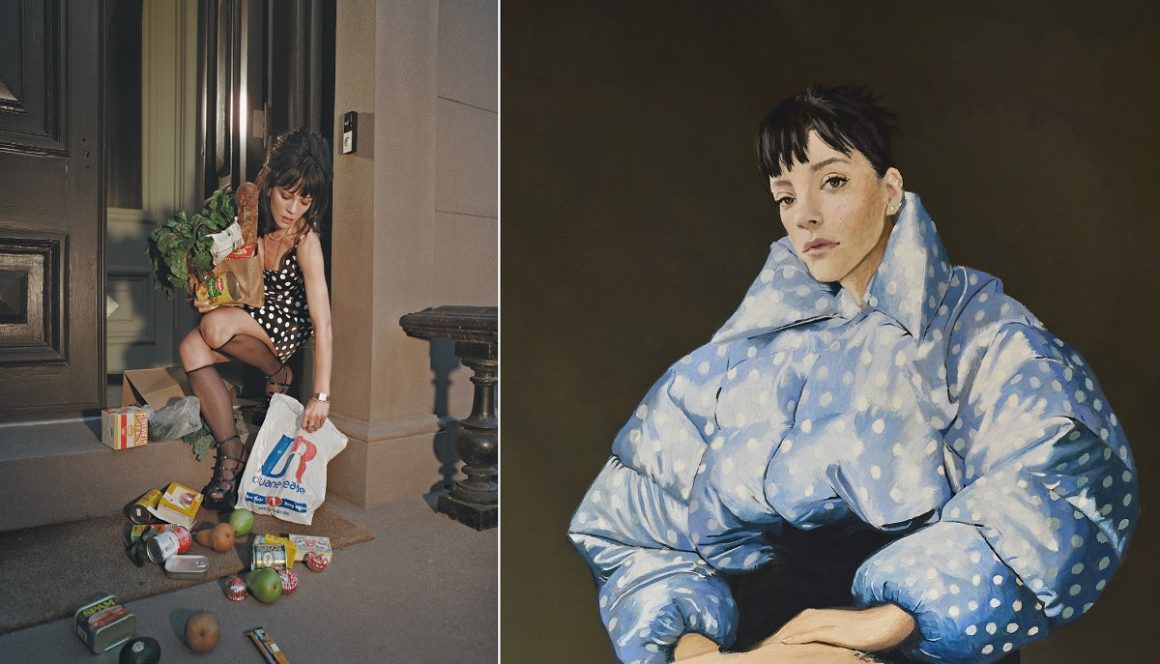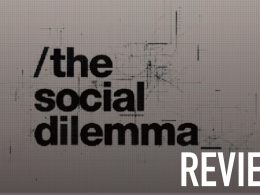Reviewed by Aislinn O Keeffe
West End Girl, the new album by Lily Allen, and her first in seven years, was released on 24 October, setting the internet astir. Voluminous online and media discourse has led to the unusual situation whereby streaming figures have doubled in the week after the release date, when typically, the first few days see the highest numbers. Spotify report an almost 400% increase in first-time Lily Allen listeners, that’s an average 100,000 new listeners a day.
The album alludes to her recent break-up from ex-husband David Harbour of Stranger Things fame. While she calls it a work of auto-fiction – taking inspiration from her own experiences with a sprinkling of artistic license in the telling – it has mostly been received as a confessional album. Perhaps in a post-Depp/Heard world, this is a shrewd act of protection against a potential revenge smear campaign.
Song after song excavates the sordid and heart-wrenching details of betrayal and disrespect set over infectiously poppy and upbeat tracks. In that sense, it is the perfect breakup album, capturing the feeling of liberation that comes with casting off the shackles of a damaging and repressive relationship, incorporated with the need to strip each dynamic to its bare bones as an act of emotional exorcism. This is achieved by the much-commented-on painstaking recounting of the series of events leading up to the breakup.
The album begins with “West End Girl” and the first signs that something isn’t quite right in the relationship. After receiving good news about a role in an upcoming play, Allen relates her confusion when her husband is less than supportive of this opportunity. This is presented as the catalyst to the betrayal which is about to unfold. Once the role requires her to temporarily move out of the country, Harbour is allegedly prompted to request an open relationship to which she reluctantly agrees. Too many women will be familiar with this act of sabotage. When she should have been celebrating a new opportunity and relishing this new challenge, she is instead undermined and plunged into a deep insecurity about her marriage. The subsequent tracks follow a form of confessional storytelling that wouldn’t be out of place on a Reddit forum.
Perhaps this is one aspect of the album that contributes to its popularity – it is solidly rooted in the present digital moment. Allen has not only recounted her personal story but has also deftly nailed the current zeitgeist. The personal is political, the slogan of second wave feminism, is proven true. In the age of ‘Are We Dating the Same Guy’ (AWDSG) Facebook groups and the endless stream of ‘Why I Have Given Up Dating Men’ social media posts, West End Girl punctures the veins of modern dating for women who date men and lets spray its lifeblood.
The online dating culture engineered for maximising profit above human connection, coupled with the deliberate promotion of misogynistic content, has led to intolerable conditions for dating, especially affecting heterosexual and bisexual women. Misogyny has infected the most intimate relationships between women and men, where men feel entitled to women’s bodies and labour and seek control over both. When it is perceived that women are not doling out these entitlements, some men feel justified in taking punitive action towards their partner, including cheating. Women are refusing to stay silent about this.
It is this zeitgeist that has found expression in Allen’s music and which is present in online grassroots networks such as AWDSG. They act as forms of collective protection through the sharing of these experiences, though they can often face backlash and attempts at silencing. Additionally, many women are rejecting the poison chalice that is modern dating, opting instead to boycott dating apps and dating altogether. This is much to the chagrin of corporations like Bumble whose profitability has been affected and whose response was to gaslight and shame women through a controversial ad campaign.
Women are expected to endure misogynistic behaviour to keep the nuclear family intact, which underpins the system. Retaining their silence on the disrespect and even violence inherent in this is part of the requirement from women in the maintenance of the lie that it is the best or most natural situation. In this context, Allen’s openness is another tiny revolutionary blow against the silence that patriarchal capitalism thrives on. This broader trend signals that the spirit of ‘declaring loudly what is happening’ to paraphrase Rosa Luxemburg, which characterised the feminist movements of the 2010s, has not been quashed by the current misogynistic backlash.
Allen’s album is striking a chord with many women for the threads of misogyny she traces throughout her relationship. That an album can strike this chord through the mere retelling of events rather than through raising a manifesto is telling. The act of speaking up on its own is powerful. While the recent developments with the mainstreaming of manosphere ideology are disheartening, works like this remind us that the feminist awakening of the 2010s will not be tempered. Women are finding solidarity with each other through their shared experiences of misogyny and developing their own ways to look out for each other. These positive developments must be fostered and developed into real world organising and collective action. Like all good art, West End Girl taps into something in the ether and in so doing brings it to our consciousness, spurring us to continue to lift the veil of silence that allows misogyny to thrive.










